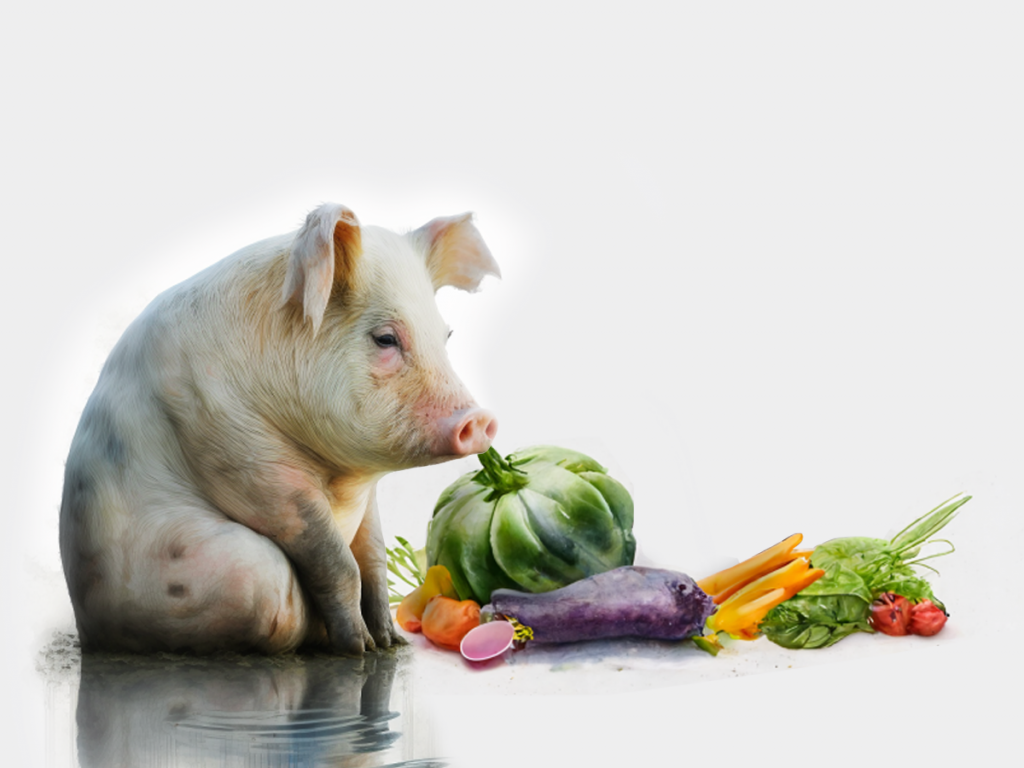Feya discusses the viral TikTok trend “CoreCore” and gives her suggestions for what we can do to reduce environmental harm.
We’ve all seen the rise and fall of trends on Tik Tok which mostly look like the same thing packaged in a new box with a nice shiny new ribbon. One such trend we’ve seen Internet culture spawn in recent years is a new way of categorising niche aesthetics by placing a suffix of ‘core’ onto the end of a word. For instance, the famous ‘Cottagecore’ trend became viral amid society’s lockdown fantasies of a world free from the strictures of modern corporate responsibility and the rules which kept them from leaving their homes, where they could live a simple life surrounded by nature.
One recent development in the ‘core’ genre is ‘Corecore’, a movement of deconstructed videos or art, which causes an emotional response from viewers by collating a series of clips with evocative sounds or music to force us to delve into these topics and niche aesthetics. These videos are often upsetting, enraging and unsettling. Corecore videos, more often than not, tend to lean into the depressing side of modernity and corporate existence, interrogating our acquired reliance on technology, the systematic and social oppression of women, the essence of human existence, and, at its ‘core’, how elements of modern society isolate and control us.
One recurrent theme, and increasingly poignant topic, within Corecore is Veganism and the impact of human consumption and existence on the Earth. Videos cut between clips of excessive over-consumption within the fast fashion and the beauty industry- such as huge Shein hauls or Influencers telling their audience to buy one product after another and another – and videos of vast banks of plastic clogging up the shores of developing countries. “Can’t you hear the earth crying” videos ask, showing the viewer a montage of burning forests, emaciated polar bears, and statistics of the microplastics we inhale, eat and touch daily.
Although the trend can seem isolated to the sphere of Tik Tok and its users, the trend recently took an interesting turn as creators vehemently tried to stop the enactment of the Willow Project by US President Joe Biden. This project proposed constructing 5 new drilling sites in Alaska’s largest undisturbed area of natural land. The project could have devastating consequences on the climate.
So, in the face of a trend such as Corecore, which can make us feel minuscule and helpless, what capacity do we have to try and reduce our consumption to help reduce our impact on the planet? We’ve all heard that veganism is good for the environment, but the statistics are surprising.
In one study by the BBC, participants ate 3 different diets for a week, and their respective CO2 emissions were recorded throughout. The participant on an omnivorous diet emitted 48.9kg, the participant on a vegetarian diet emitted 16.9kg, and the participant consuming the vegan diet 9.9kg, quite a stark outcome and reflection of the huge environmental impact of our eating behaviours. (REF= The climate benefits of veganism and vegetarianism – BBC Future). For context, the omnivore’s emissions were equivalent to charging your phone 5,948 times.
Although a veggie diet is clearly a great way to reduce your environmental impact, there is more nuance to this topic than making a complete switch. Here are 5 ways you can eat more sustainably to help reduce your emissions:
1- Switch to plant-based milk: There are plenty of alternatives to try, so you can get one you like the taste of. Switching to soya milk is also suggested to reduce your risk of hormone-related cancers.
2- Reduce your meat consumption per week: Just changing your diet slightly to have fewer meals containing meat won’t affect you too much, but it can be great for the environment and your health. The statistics tell us that 45,000 early deaths could be prevented annually in the UK if we ate diets with less meat! (REF= What to eat | Friends of the Earth)
3- Try to minimise food waste: Food waste is, without a doubt, one of the most prominent climate threats within the food industry, so trying to eat what you have in the cupboard is essential to lessening your emissions.
4- When possible, shop and eat local: The further away your food is coming from, the more emissions it produces. If you try to purchase more food from the UK or closer to home, it can help reduce the energy needed to get those ingredients to you!
5- Have one Veggie/Vegan day a week: Sometimes, it doesn’t have to be complicated- you could have one day out of the week where you don’t eat meat/animal products. Some of the easiest meals you already eat are tasty and veggie, whether that’s pesto pasta, beans on toast, or stir fry; you might already be doing this without realising it!
When we think about climate change, we often say we are killing the planet. The truth is, we aren’t killing the planet. The planet itself will survive. It will simply be unliveable for us.
Edited By: Caitlin Phillips (Lifestyle Editor)
Banner By: Sarim Mangi (Head of Design)


